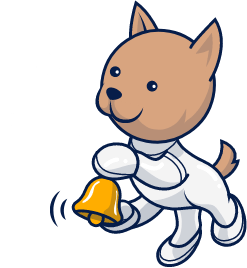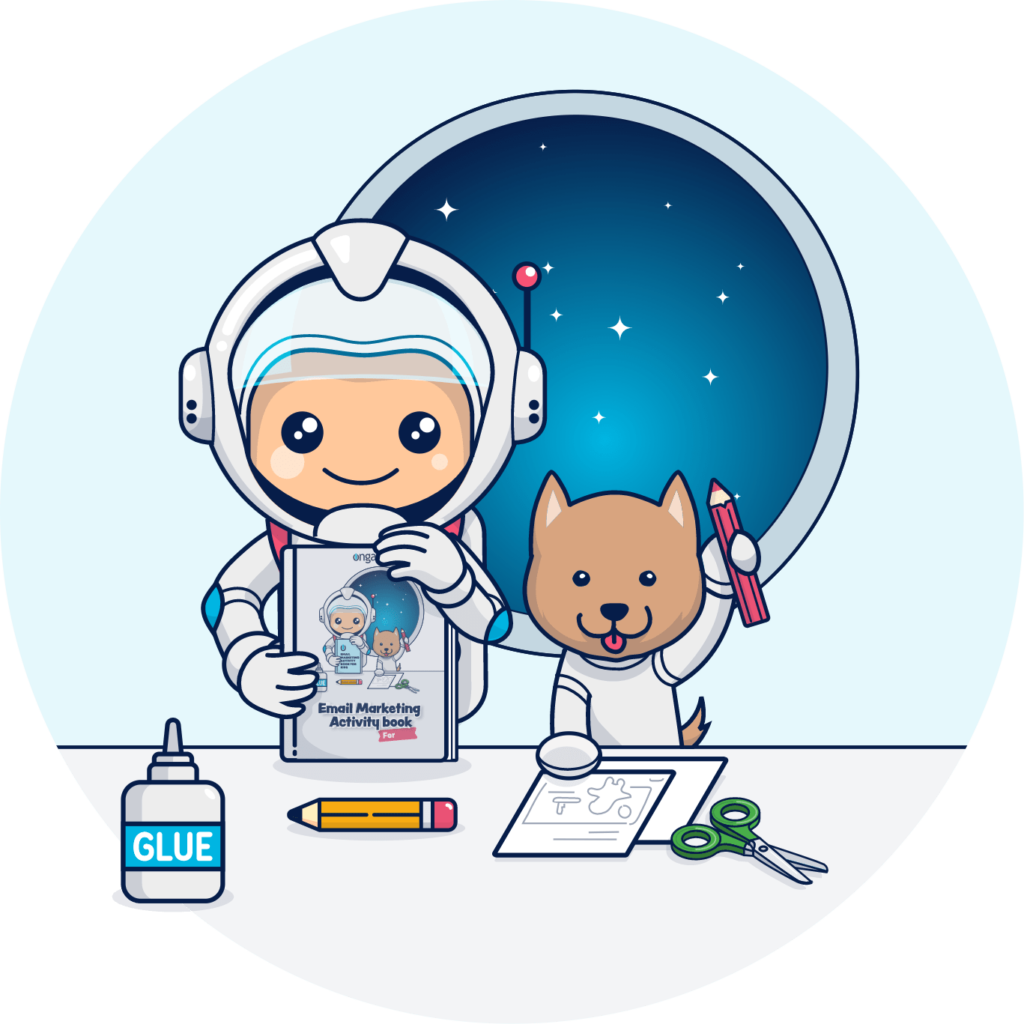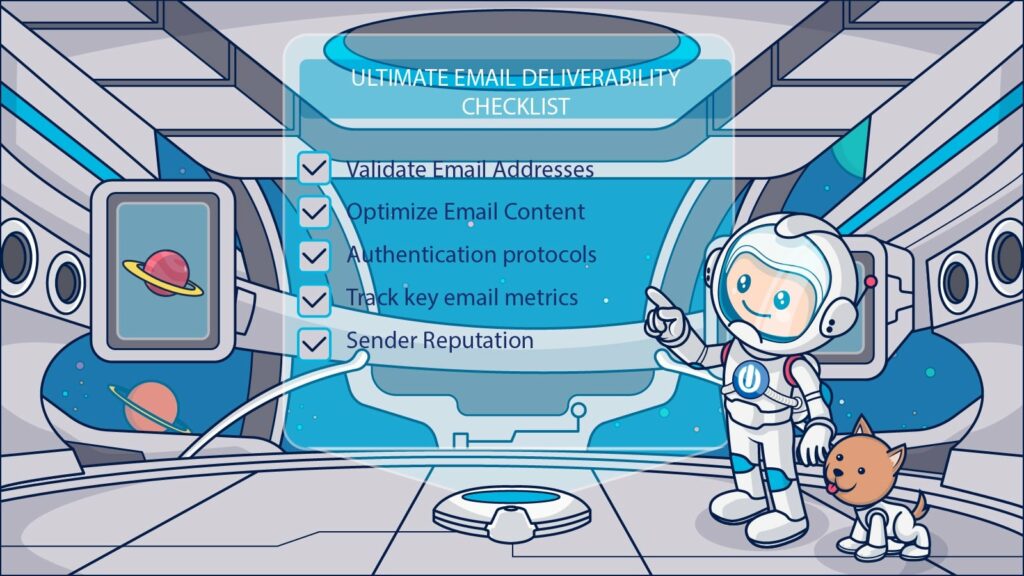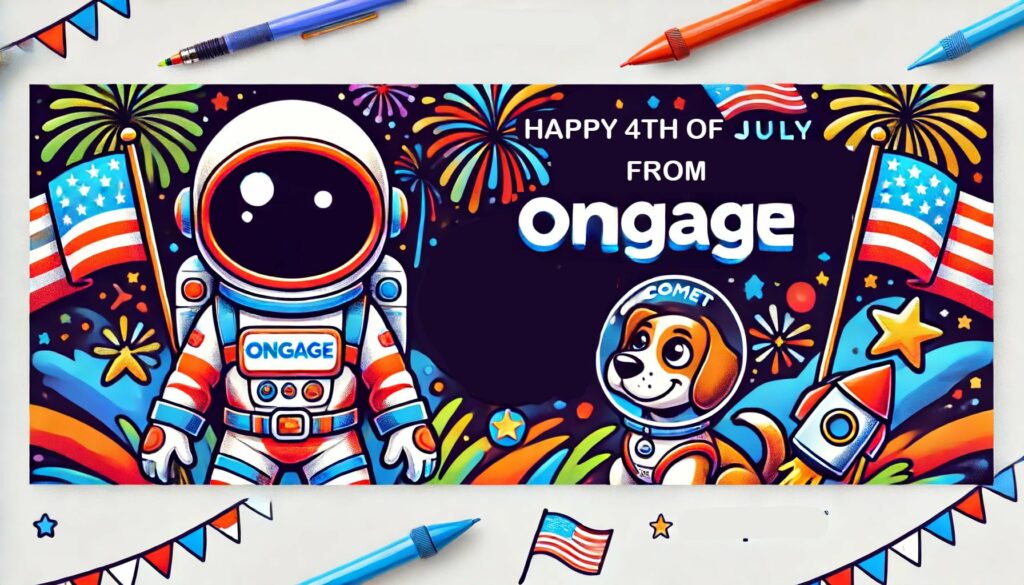As an email marketer, one of your primary responsibilities is to drive conversions, among other email analytics, throughout the course of an email marketing campaign.
This is typically accomplished by including a call to action (CTA) that persuades subscribers to follow through with an action you desire, such as signing up for your service or purchasing a product.
Landing pages are at the end of this funnel and are used to convert visitors into new clients or customers. But creating a good landing page requires you to understand your email subscribers and craft a message and CTA that speaks to their needs.
To accomplish this, follow these tips to create a good landing page.
What is an email landing page?
A landing page is a standalone web page that helps convert visitors into following through with a call to action. Landing pages are persuasive and informative, giving visitors the knowledge they need to take an action—one that benefits your company and improves the ROI of your marketing campaign.
Links to landing pages are often included in emails you send to subscribers, prompting them to move forward through the sales journey.
There are many types of landing pages, each of which serves different purposes depending on which part of the sales funnel your target audience is in. Specific types of landing pages for email marketing include:
- Lead generation landing page: A lead generation landing page is one of the first landing pages to consider as part of your overall marketing campaign. Lead generation landing pages are used to generate leads and build your mailing list, and commonly offer a download, discount, or other type of incentive in exchange for the visitor’s email address.
- Click-through landing page: A click-through landing page is typically the first landing page a visitor sees before clicking through to a second. Using a click-through landing page lets you provide value to the user in the form of information, statistics, and other educational material that gives the user reason to move forward through your sales funnel—by clicking through to a second landing page that includes a call to action that converts that user.
- Unsubscribe landing page: An unsubscribe landing page is exactly that: It provides your readers with the option to unsubscribe from your mailing list. Additionally, unsubscribe landing pages can provide readers with the option to adjust the frequency of your emails, preventing subscriber loss and increasing subscriber engagement.
8 tips for creating a well-optimized landing page
Landing pages can be an effective element of an email marketing campaign. Implement the following tips to create a well-optimized landing page that generates conversions and increases the ROI of your email marketing.
Design a landing page that complements your email design
In many ways, a landing page is an extension of the emails you’ve sent to your target audience. A complementary design that includes your logo and similar colors, images, fonts, and other elements can draw a connection between your emails and landing page.
This consistency helps landing page visitors draw parallels to your emails, connecting the design to that of your brand and remembering the sales journey they’ve taken with you already.
Craft an effective headline
An intriguing headline draws the immediate attention of your landing page visitors, giving them reasons to continue reading through the page and follow through with your call to action.
Write a headline that piques a reader’s interest by referencing your offer’s unique benefits, appealing to emotions, or incentivizing the reader to move further through the sales funnel.
Write concise and compelling landing page copy
Once you’ve piqued the visitor’s interest with a compelling headline, you need to keep it with clear and snappy copy. This is your chance to convert visitors by making the case for your offer. Include data, statistics, and other insights that persuade visitors to take your desired action.
Share testimonials from other happy customers and clients to provide social proof. Answer the pain points of your target audience and overcome their objections with facts and by sharing the benefits of your offer.
Include an opt-in (or double opt-in) form
If you include a form on your landing page, make sure it loads above the page fold—the bottom of the page that’s cut off when the page first loads. As you did with your copy, make sure the form is short and concise. Make it quick and simple to convert visitors by requiring as little information from them as possible.
For lead generation landing pages (or any that will result in the visitor receiving frequent emails over time), require a double opt-in that requires the visitor to confirm acceptance of receiving communications from your company.
Use graphics
A dedicated landing page isn’t meant to be long-form content. Break up your landing page copy with brand-related graphics, images, and other visual elements to engage visitors.
For example, design a chart that shows customers’ ROI after using your product, or include a short video overview of how easy it is for customers to use your service.
Offer incentives
For some dedicated landing pages—such as a lead generation landing page—providing an incentive or special offer—a lead magnet—can sweeten the pot for a visitor who’s on the fence.
Of course, for this to be effective, your lead magnet needs to have genuine value for landing page visitors. For example, offer a free trial, discounted rate, or supplemental product (like an ebook or additional product).
End with a powerful CTA
The call to action is the most important aspect of any landing page. It’s the phrasing that ultimately converts a visitor, so it needs to be powerful and persuasive. When writing your CTA, focus on the reason a visitor should follow through with responding to it: What do they have to gain from giving you their information or completing a sale?
In some cases, it makes sense to craft a CTA around the incentives you’re offering. And with other landing pages, it might benefit your marketing campaign to add multiple CTAs sprinkled throughout the landing page—just make sure at least one CTA is above the page fold.
Conduct A/B testing
Launching your landing page is only half the battle. As your marketing campaign proceeds, conduct A/B testing of your landing page to make tweaks and improve its ROI.
Pay attention to key metrics and analytics to determine how your landing page is performing and what areas you need to approve. For example, a high bounce rate can indicate an ineffective landing page that’s failing to gain the attention of its visitors, whereas a low bounce rate and low conversion rate can indicate issues with your CTA or offer.
Conclusion
Email landing pages are key to a successful email marketing campaign.
Because they’re so important, you need to create a well-optimized landing page that draws the attention of your subscribers, is consistent with the style and tone of your brand, and persuades users to follow through with your call to action through compelling copy and valuable incentives.









